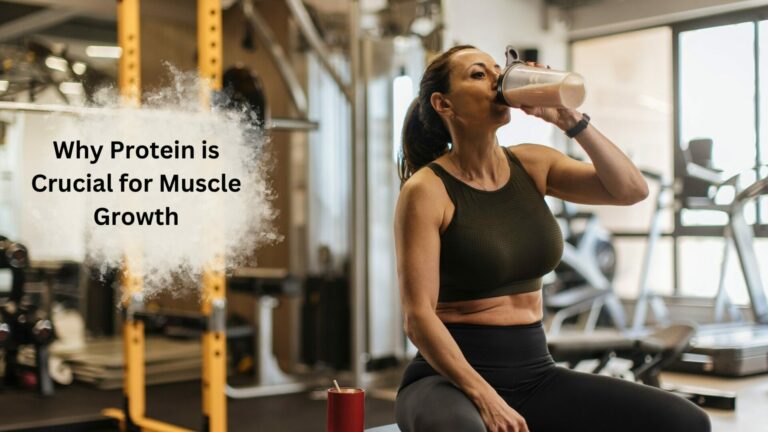
In our health-conscious world, vitamins play a crucial role in our well-being. Many people turn to supplements to meet their nutritional needs, but a common question arises: How many vitamins can you take in a day? Understanding the safe vitamins dosage in a day is vital to avoid potential health risks associated with excessive intake. This article will explore the recommended daily allowances, the risks of overdose, and best practices for safely supplementing your diet.
Understanding Vitamin Needs
What Are Vitamins?
Vitamins are organic compounds essential for various bodily functions, including metabolism, immunity, and cell regeneration. Since our bodies can’t produce most vitamins independently, we must obtain them from our diet or supplements.
Recommended Daily Allowances (RDAs)
The RDA for vitamins varies based on factors such as age, gender, and life stage. Here are some general guidelines for common vitamins:
- Vitamin A: 900 mcg for men, 700 mcg for women
- Vitamin C: 90 mg for men, 75 mg for women
- Vitamin D: 600 IU for adults up to age 70, 800 IU for those older
- Vitamin E: 15 mg for adults
Understanding these values can help you assess how much you might need from supplements. Always consult a healthcare provider to tailor these recommendations to your individual needs.
The Dangers of Over-Supplementation
Risk of Vitamin Toxicity
While vitamins are essential for health, taking them in excessive amounts can lead to toxicity. Fat-soluble vitamins like A, D, E, and K can accumulate in the body, leading to severe health issues. For example:
- Vitamin A: Overconsumption can lead to liver damage and neurological issues.
- Vitamin D: Too much can cause hypercalcemia, leading to kidney stones and heart problems.
- Vitamin E: Excessive intake may increase the risk of hemorrhagic stroke.
Tolerable Upper Intake Levels (ULs)
The Food and Nutrition Board has established tolerable upper intake levels for many vitamins to help prevent toxicity. For instance:
- Vitamin A: 3,000 mcg
- Vitamin D: 4,000 IU
- Vitamin C: 2,000 mg
Staying below these limits is essential to maintain health and prevent adverse effects.
Identifying Symptoms of Overdose
Recognizing the signs of vitamin overdose is critical. Common symptoms may include:
- Nausea and vomiting
- Headaches
- Diarrhea
- Muscle weakness
- Blurry vision (especially with Vitamin A overdose)
If you suspect an overdose, seek medical attention immediately.
Best Practices for Supplementing
Consult a Healthcare Provider
Before starting any vitamin regimen, consult with a healthcare provider. They can help determine your specific needs based on blood tests, dietary intake, and lifestyle factors.
Focus on Whole Foods
Prioritizing obtaining nutrients from food is essential. Whole foods contain vitamins and minerals in balanced ratios and often come with additional beneficial compounds, such as fiber. A balanced diet reduces the need for excessive supplementation and provides a variety of nutrients.
For instance, explore this article on 10 foods rich in Vitamin K and why we can die in its absence to understand how dietary sources can provide vital nutrients safely.
Be Cautious with Multivitamins
If you choose to take a multivitamin, select one that provides close to 100% of the Daily Value for each nutrient. This approach minimizes the risk of exceeding recommended levels.
Understanding Specific Vitamins
Water-Soluble vs. Fat-Soluble Vitamins
Vitamins can be categorized into two main types: water-soluble and fat-soluble.
- Water-soluble vitamins (like B vitamins and Vitamin C) are generally safe, as excess amounts are excreted in urine. However, high doses of certain B vitamins can still lead to adverse effects.
- Fat-soluble vitamins can accumulate in the body’s tissues, making it crucial to monitor your intake carefully.
Special Considerations
Certain groups, such as pregnant women, the elderly, and those with specific health conditions, may require tailored vitamin regimens. For example, pregnant women should take folic acid to reduce the risk of neural tube defects.
If you’re interested in knowing how B vitamins can impact your hair health, check out our internal link on B-Vitamins For Hair: Essential Foods For Healthy Hair Growth.
Common Misconceptions About Vitamins
Do You Need Supplements?
One of the most significant misconceptions is that everyone needs to take vitamin supplements. For the average healthy person, a balanced diet rich in fruits, vegetables, whole grains, and healthy fats usually meets vitamin needs without additional supplementation.
The “More is Better” Myth
Another misconception is that taking more vitamins will provide greater benefits. This isn’t true; in fact, exceeding the vitamins dosage in a day can lead to adverse effects. It’s essential to focus on the right balance rather than just quantity.
When to Consider Supplementation
Specific Health Conditions
Some individuals may require vitamin supplements due to specific health conditions. For example, people with malabsorption issues or certain chronic diseases may struggle to get adequate nutrients from food alone. In these cases, supplements can play a vital role.
Lifestyle Factors
Vegetarians, vegans, and those with dietary restrictions should pay close attention to their vitamin intake. Nutrients like Vitamin B12, iron, and omega-3 fatty acids can be challenging to obtain from a restricted diet.
Age and Life Stage
As we age, our nutritional needs change. Older adults may require additional Vitamin D for bone health, while pregnant women need extra folic acid. It’s crucial to adapt your vitamins dosage in a day based on your life stage.
Safety Tips for Supplementation
Reading Labels
Always read the labels of vitamin supplements carefully. Check for the dosage, ingredients, and any potential allergens.
Storage and Safety
Keep vitamins out of reach of children. Approximately 35,000 children are treated in emergency rooms every year for accidental ingestion of vitamins or medications. Ensure proper storage to avoid such incidents.
Conclusion
So, how many vitamins can you take a day? The answer is not one-size-fits-all; it depends on various factors, including your dietary intake and specific health needs. While supplements can help fill nutritional gaps, they should not replace a balanced diet. Always consult with a healthcare professional to ensure that your vitamin intake is safe and effective.
Ultimately, the best source of vitamins is a well-rounded diet rich in fruits, vegetables, whole grains, and healthy fats. By being mindful of your vitamins dosage in a day, you can support your health without the risks associated with over-supplementation.






